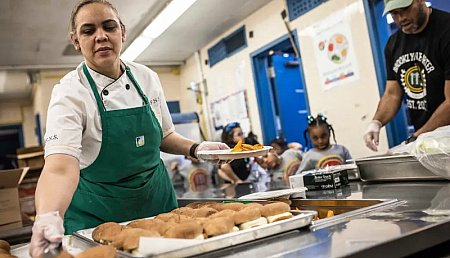 Photo: Tafadzwa Ufumeli | Evening Standard
Photo: Tafadzwa Ufumeli | Evening Standard
In northeast Zambia, where prolonged droughts plague smallholder farmers, Chinsali farm is a teaching farm, created from land gifted by a local chief so young women supported by the girls’ education charity Camfed could put their “climate-smart” agricultural skills to work. Its lush fields, fishponds and livestock pens are tended by 150 young women co-operatively. Profits from produce sold in the town’s market go back into the farm, shared among the women and helping to support vulnerable children in school. Everything is recycled, and an orchard blooms near solar panels which provide electricity and power a pump for drip irrigation. Growing drought-resistant and short-cycle crops like millet and sorghum and mixing grains with vegetables and legumes to conserve water, they expect to harvest 250 kilos of soya beans and one and a half tonnes of maize. Such women-led farms produce higher crop yields and help girls become independent, the UN says.
More:














